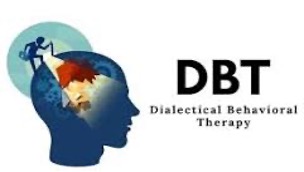Main Article Content
An exploration of Dialectical Behaviour Therapy-informed occupational therapy in mental health, in South Africa
Abstract
Background: There is an encreasing trend of occupational therapists incorporating Dialectical Behaviour Therapy (DBT) in their interventions for Mental Health Care Users (MHCUs). Despite its growing popularity, there is a paucity of literature describing how DBT is used within occupational therapy practice.
Purpose: The study aimed to describe the current use of DBT-informed occupational therapy by South African occupational therapists working with clients with mental disorders.
Method: Using a qualitative, descriptive design, 17 semi-structured interviews were conducted with South African occupational therapists using the DBT approach in mental health practice. An inductive thematic analisis of the qualitative information generated in the interviews was done.
Findings: Three themes emerged from the data analysis: (a) Potential challenges, (b) Why DPT? and (c) Training influences practice.
Conclusion: The themes identified in the study highlight both the potential and challenges of incorporating DBT-informed approaches within occupational therapy, emphasising the need for further research in this area.
Implications for practice
- It is recommended that occupational therapists who want to use DBT to inform their practgice obtain a post-graduate DBT qualification
- To remain within the scope of occupational therapy, the occupational therapist should focus their treatment plan on the specific skills that the MHCUs need to participate in occupations that are meaningful to them
- It is also very important that the occupational therapist communicate their treatment focus to other team members, to avoid confusion and overlap
- The occupational therapist who implements the DBT approach should clinically reason from an occupational science approach. This would mean designing a client-centred treatment plan in a manner which is accessible to the MHCU, enabling specific skills that will meet the MHCU's occupational needs
- Futher research in the use of DBT in occupational therapy is necessary







